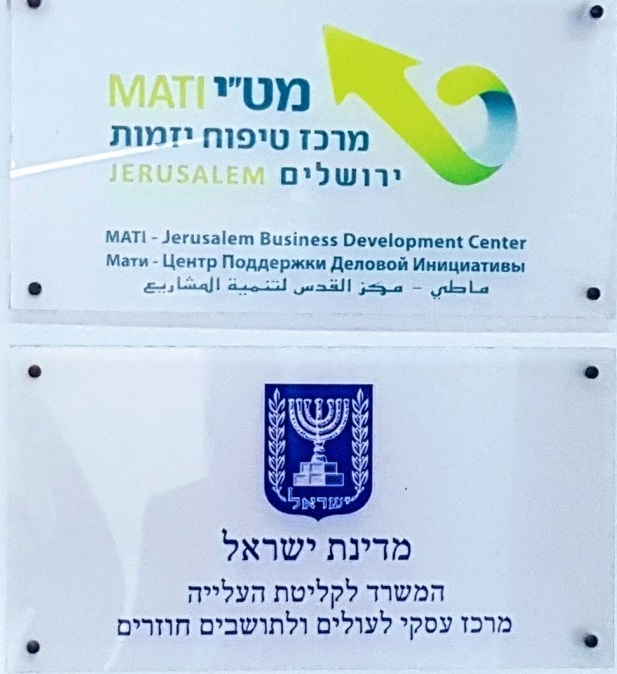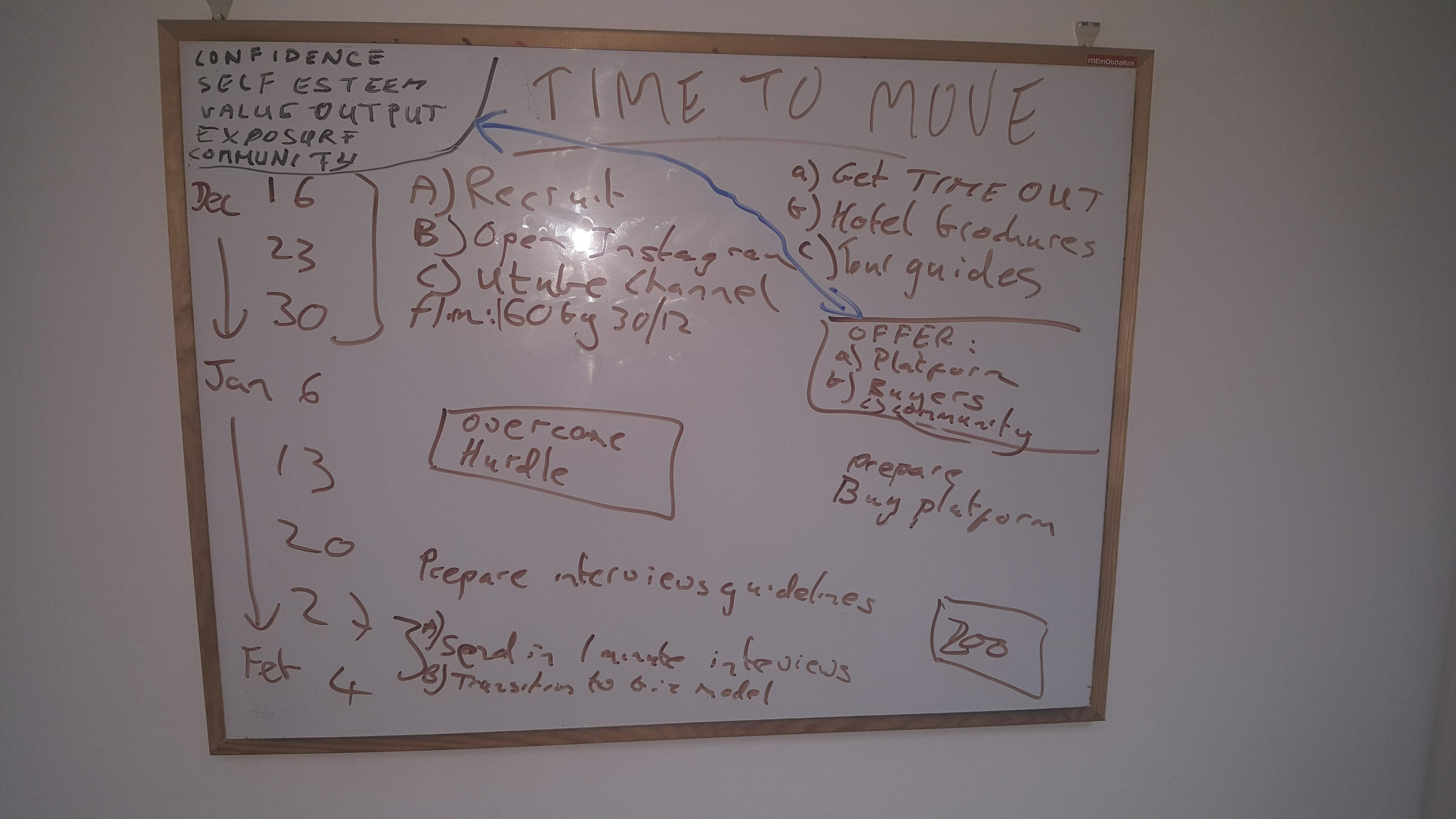This week, I attended at networking meeting in Jerusalem. Leading local companies were asked to present to a packed forum what they contribute to the local and international economies. Nothing too original in that, but together they made a loud deafening noise.
(I took no formal notes. So my observations are drawn from memory).
Let’s start with Intel. Always known for being the first prime high-tech company to set up in the Holy Land. And Israel is known within Intel as its first overseas r&d center. Today, the company employs over 12,000 Israelis directly, impacts on about 46,000 other workers, and is one of the country’s leading exporters.
The big news. As in the past, the next generation of chips entering millions of computers globally is being developed in Jerusalem.
By the way, my office is situated near the Intel facilities. Every day, you will see the company employing those from all walks of life, including all the religions.
Intel bought out Mobileye, which has partnerships with most leading car manufacturers. A spin off from Mobileye is OrCam, which is valued at over US$1 billion within a decade of being set up. OrCam helped blind people to vote in the recent general elections in Israel. It intends to help them to drive. And from there, it will help those with impaired and other disabilities.
The list goes on. Brix Software is powering Finntech services for CrossRiver Bank in New Jersey. Synamedia, which was spun out of Cisco, is providing the likes of SKY TV and many others encryption services. etc etc. It was a fascinating list of stories from the many speakers. All are desperately trying to recruit software engineers.
What does this all add up to?
Jerusalem has around one million citizens. As seemingly throughout its history, it is a hotbed of religious and diplomatic discourse. And yet, the city and its residents are making an exciting and positive impact on the lives of billions around the globe.
That is a story worth investing in. That is a story that the world can look to as an achievement. despite the odds.




